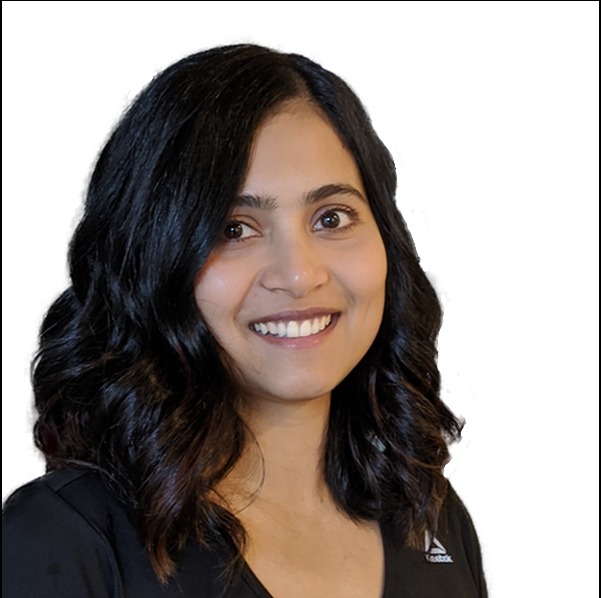
Hello there!.
My name is Neha and I am a second-year Ph.D. Student in the ECE department at the University of Washington. I am an Interdisciplinary researcher with experience in using statistics, predictive analytics, mixed methods research, and applying machine learning techniques in data-driven research.
Learn about what I do